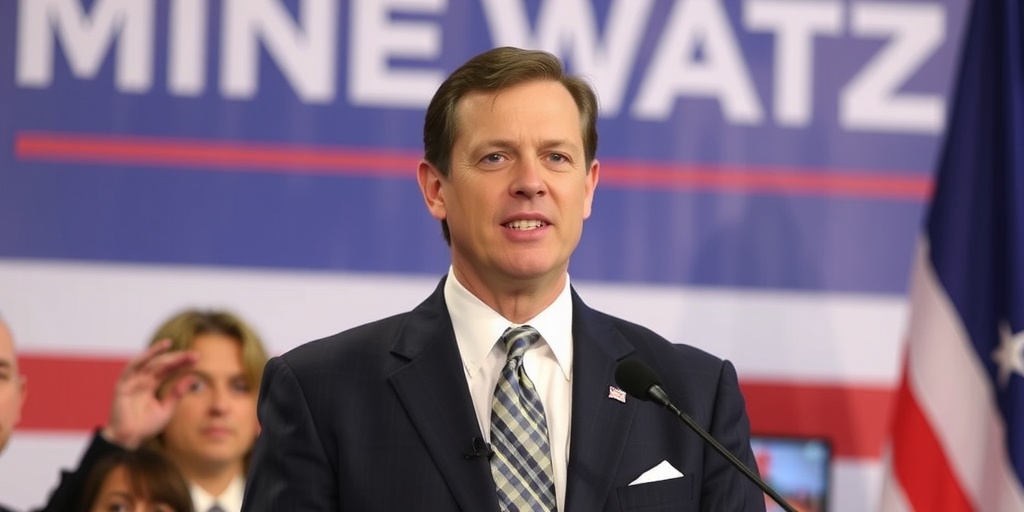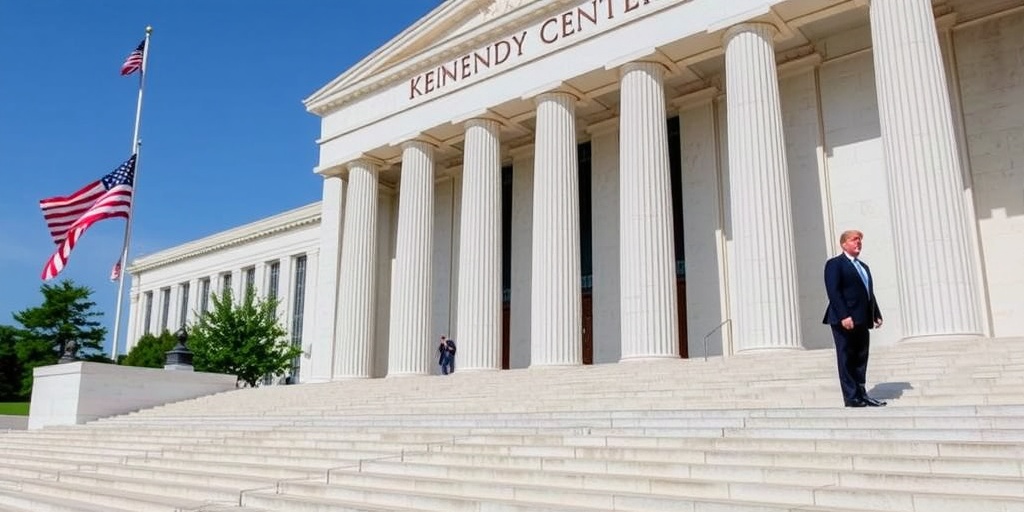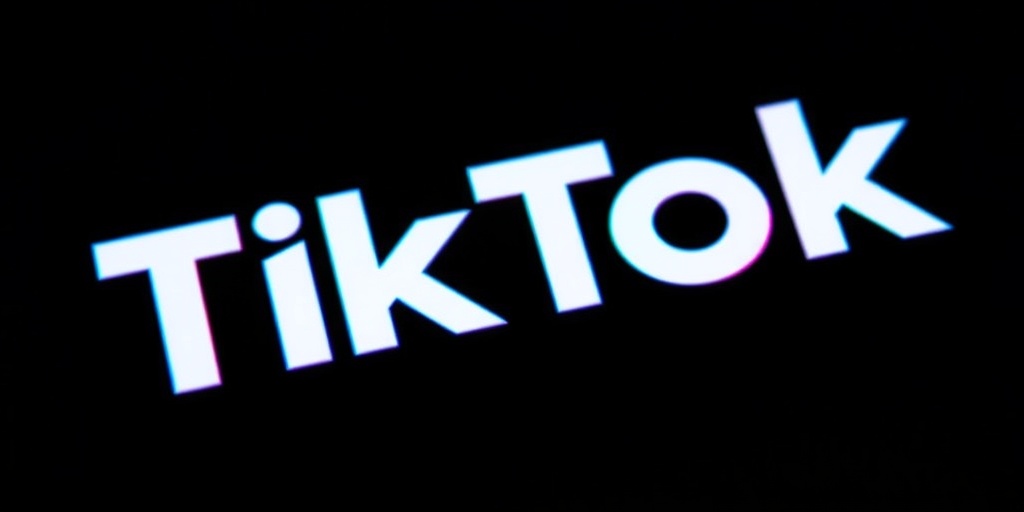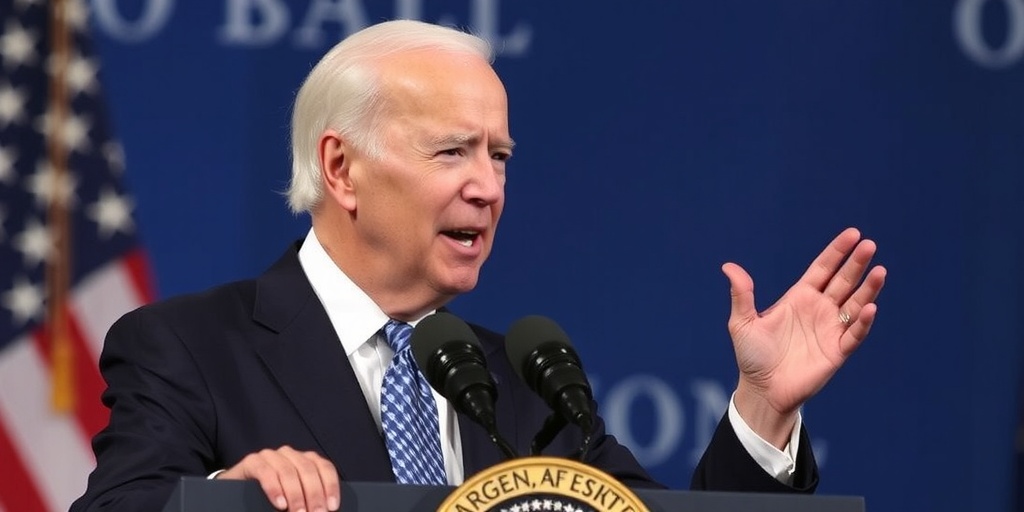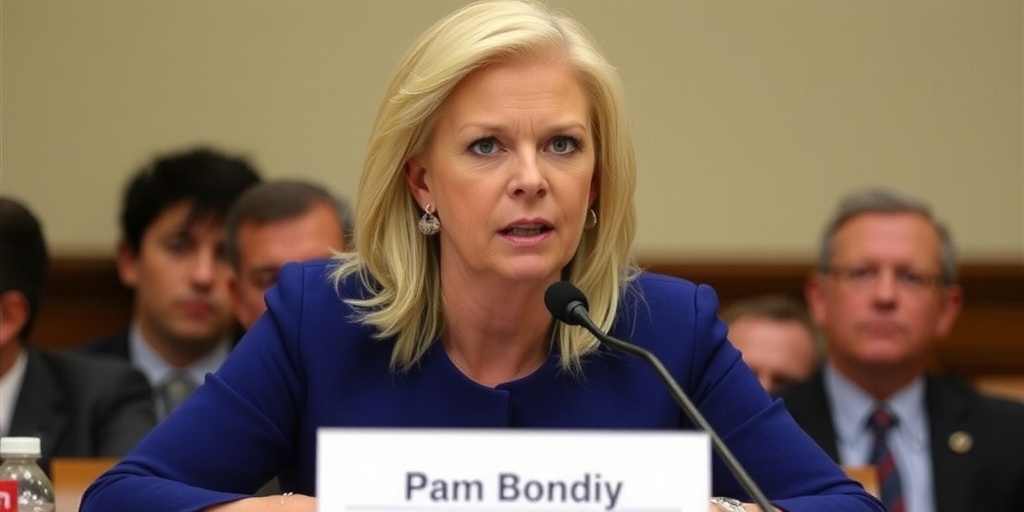Now Reading: Biden Moves to Secure His Legacy with Key Actions
-
01
Biden Moves to Secure His Legacy with Key Actions
Biden Moves to Secure His Legacy with Key Actions
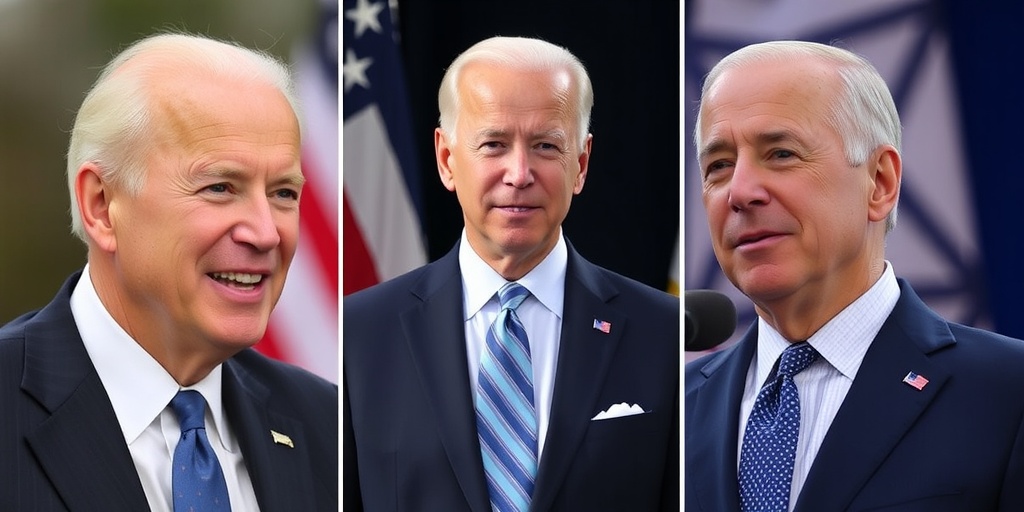
In the closing days of his presidency, President Joe Biden has undertaken a series of strategic policy actions aimed at solidifying his administration’s achievements while simultaneously complicating the incoming administration’s transition. As President-elect Donald J. Trump prepares to assume office, Biden’s final choices appear to reflect a sense of urgency to leave a lasting impact on several critical issues encompassing the environment, social justice, immigration, and international relations.
Many of these decisions are executed through executive orders, which have sparked significant discourse, particularly among Trump and his supporters, who claim that Biden is purposely making the transition process arduous. On social media, Trump expressed his frustration, stating that Biden is “doing everything possible” to hinder the smooth transfer of power, adding with confidence that these “orders” would be swiftly revoked once he takes office.
White House officials, however, have countered that the Biden administration remains committed to facilitating a seamless transition, even while executing these high-profile actions. Here, we examine some of the most notable last-minute initiatives Biden has put into motion.
One of the most significant moves was a comprehensive ban on new oil and gas drilling across over 625 million acres of U.S. coastal waters. This decision aligns with Biden’s long-standing commitment to environmental protection and public health, but it has drawn sharp criticism from Trump, who labeled the action as “ridiculous” and vowed to overturn the ban as soon as he takes the reins.
In addition to this, Biden created two national monuments in California, safeguarding over 848,000 acres of desert and mountainous terrain from mining and drilling activities, as well as prohibiting future energy development. This measure reflects a dedicated effort to preserve natural landscapes amidst rising concerns about climate change and environmental degradation.
Biden’s foreign policy also saw a notable shift with the recent decision to remove Cuba from the list of state sponsors of terrorism. In conjunction with this, the administration is easing economic penalties against the island nation to facilitate discussions surrounding the release of political prisoners detained by the Communist regime. Trump’s envoy for Latin America criticized the move, alleging that it favored “authoritarian anti-American regimes.”
Another pivotal action taken by Biden includes a sweeping commutation of nearly all sentences on federal death row, reducing them to life imprisonment without parole. This stark contrast to Trump’s advocacy for the death penalty highlights the stark ideological rift between the two administrations, as Biden also commuted the sentences of 1,500 individuals on home confinement, marking the largest single-day commutation undertaken by a president.
In matters of corporate governance, the Biden administration blocked a $14 billion transaction involving the acquisition of U.S. Steel by Japan-based Nippon Steel, citing national security concerns. This decision coincides with Trump’s stance advocating for American ownership of crucial industries, underscoring a persistent theme of prioritizing domestic interests.
Technology policy, particularly concerning artificial intelligence, has also seen substantial regulatory movement. The administration issued sweeping rules governing the sharing of AI chips and models with foreign nations, reflecting a growing recognition of the strategic importance of technological leadership on the global stage.
In foreign affairs, Biden has shown unwavering support for Ukraine amid ongoing tensions with Russia. He approved the use of U.S.-supplied long-range missiles for strikes within Russian territories and endorsed the provision of American anti-personnel mines to aid Ukrainian defense. The administration’s efforts to impose new sanctions on Russia’s energy sector exemplify a strategic commitment to countering foreign aggression, a stark contrast to the skepticism exhibited by Trump regarding U.S. aid to Ukraine.
On the domestic front, Biden’s administration announced the cancellation of student loans for over 150,000 borrowers—an action that brings the cumulative total of forgiven loans during his presidency to over five million. This initiative echoes Biden’s commitment to easing the financial burdens faced by graduates across the nation.
Moreover, the Biden administration extended deportation protections for hundreds of thousands of individuals from Sudan, Ukraine, El Salvador, and Venezuela, complicating Trump’s plans to execute mass deportations on his first day in office. The move indicates Biden’s efforts to provide relief and support for vulnerable populations, contrasting sharply with Trump’s harsh immigration policies.
Lastly, in a significant development regarding labor relations, the Social Security Administration reached an agreement allowing federal employees to work remotely until 2029, a move that Trump has signaled he would challenge in court. This policy represents Biden’s commitment to modernizing workplace regulations and adapting to changing social dynamics.
As President Biden’s term draws to a close, the myriad of actions he has taken not only encapsulate his administration’s priorities but also set the stage for a contentious transition of power, one that will undoubtedly define the early days of Trump’s presidency. As Biden aims to fortify his legacy, these actions are likely to clash with the new administration’s policies, shaping American political discourse for years to come.
Stay Informed With the Latest & Most Important News
Previous Post
Next Post
-
 01New technology breakthrough has everyone talking right now
01New technology breakthrough has everyone talking right now -
 02Unbelievable life hack everyone needs to try today
02Unbelievable life hack everyone needs to try today -
 03Fascinating discovery found buried deep beneath the ocean
03Fascinating discovery found buried deep beneath the ocean -
 04Man invents genius device that solves everyday problems
04Man invents genius device that solves everyday problems -
 05Shocking discovery that changes what we know forever
05Shocking discovery that changes what we know forever -
 06Internet goes wild over celebrity’s unexpected fashion choice
06Internet goes wild over celebrity’s unexpected fashion choice -
 07Rare animal sighting stuns scientists and wildlife lovers
07Rare animal sighting stuns scientists and wildlife lovers













